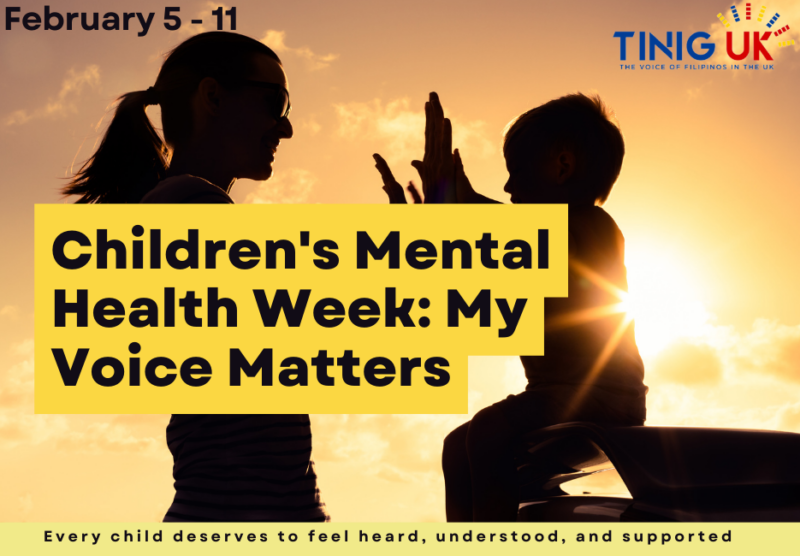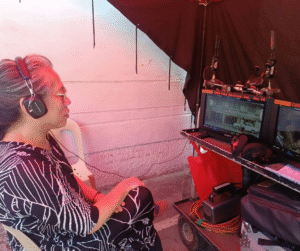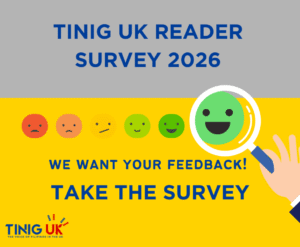It is Children’s Mental Health Week so we asked Filipino counsellor and psychotherapist Paul Anne Quibael-Forman to write us a piece about understanding children’s mental health needs. She writes that it is important to give children the space to express their emotions and needs.
Paul Anne Quibael-Forman
The World Health Organization declares that mental health is a fundamental human right of all individuals, including children. Mental health encompasses emotional, psychological, and social well-being, and is essential for children to navigate the challenges of life, build healthy relationships, and achieve their full potential. Exploring and understanding one’s mental health is a continuous process that involves self-awareness, reflection, and active engagement.
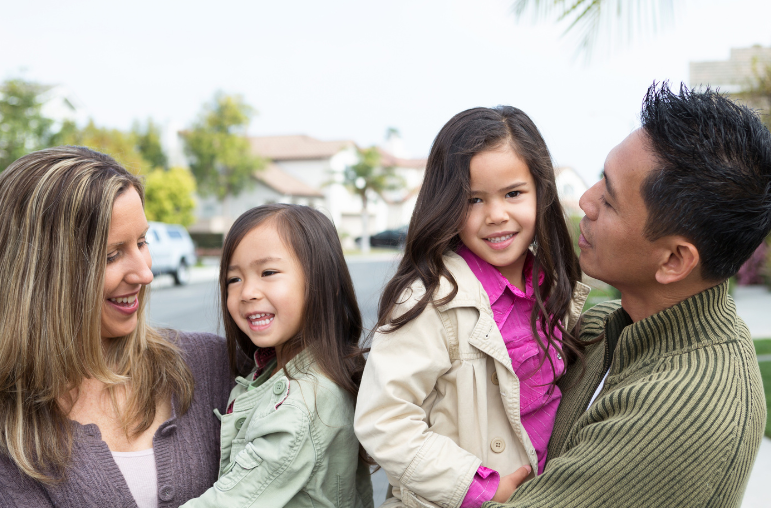
Children’s well-being is equally dependent on their mental health as it is on their physical health. It influences various facets of their life, such as academic achievements, interpersonal connections, and physical health. It is also true that mental health is subject to change and growth depending on one’s experiences at different stages of life.
Growing up in the Philippines, I learned about the responsibilities of caring for a child and managing a family through informal and formal means. The emphasis was on ensuring their nourishment, proper sleep, cleanliness, and creating a surrounding that contributes to their happiness. As the grown-up looking after my younger sibling and cousins, I felt that I should be in charge and that they ought to listen to me. However, I later learned that caring for children also involves not only instructing them but also actively listening to their needs.
A parent’s role
Every individual is unique, we are often told. As a parent, my training has provided me insights into child development, yet I acknowledge that I do not have a complete understanding of my own child.
Yes, I am the mother of my child, yet she is a small human with her own identity and her own human experience. As parents, we have three responsibilities: to ensure the well-being of our children, promote their health, and take measures to guarantee their safety. As they mature, they begin to discern their needs and desires. It’s crucial for them to develop confidence in navigating various life challenges. Our role is to offer guidance to the best of our abilities.
Understanding children’s needs
Experiencing a range of emotions, such as happiness, excitement, nervousness, fear, frustration, disappointment, injury, and anger, is a normal part of being human. By acknowledging and understanding these emotions, both children and adults learn how to navigate through them.
Children feel at ease and self-assured when they are given a safe environment to freely express their voices and emotions. Although it might be challenging for parents to witness their children facing difficulties, children need to believe in their ability to handle such situations and cultivate confidence in handling them.
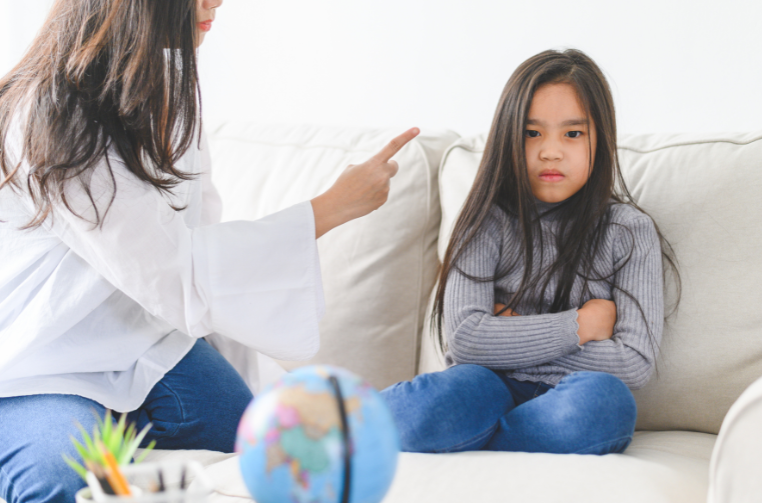
These are the needs expressed by the children in my practice when it comes to their parents:
- It is important for me to feel comfortable discussing all my emotions with you. Please listen without interrupting me.
- Kindly pay close attention to me and recognise my emotions – even if they might seem simple and small to you, what I am experiencing is significant for me.
- There are times when I just need you to listen and try to understand what I’m expressing based on my experience – I may not necessarily need solutions or lectures.
- Don’t feel the need to resolve things for me – most times, I just want the reassurance that you’re there for me and understand what I am going through.
- There are times when I prefer not to engage in conversation. Please have faith that I will reach out to you, another adult, or someone my age when I’m prepared. Speaking to someone closer to my age, like siblings, cousins, friends, or younger teachers at school, can sometimes be easier because they can relate better.
- Sometimes, a simple hug is all I need to make me feel comforted and supported.
- When I am angry, it doesn’t necessarily mean my anger is directed at you. My expressions might come across as hurtful, but it’s not my intention to harm you. I may simply be struggling with handling these emotions.
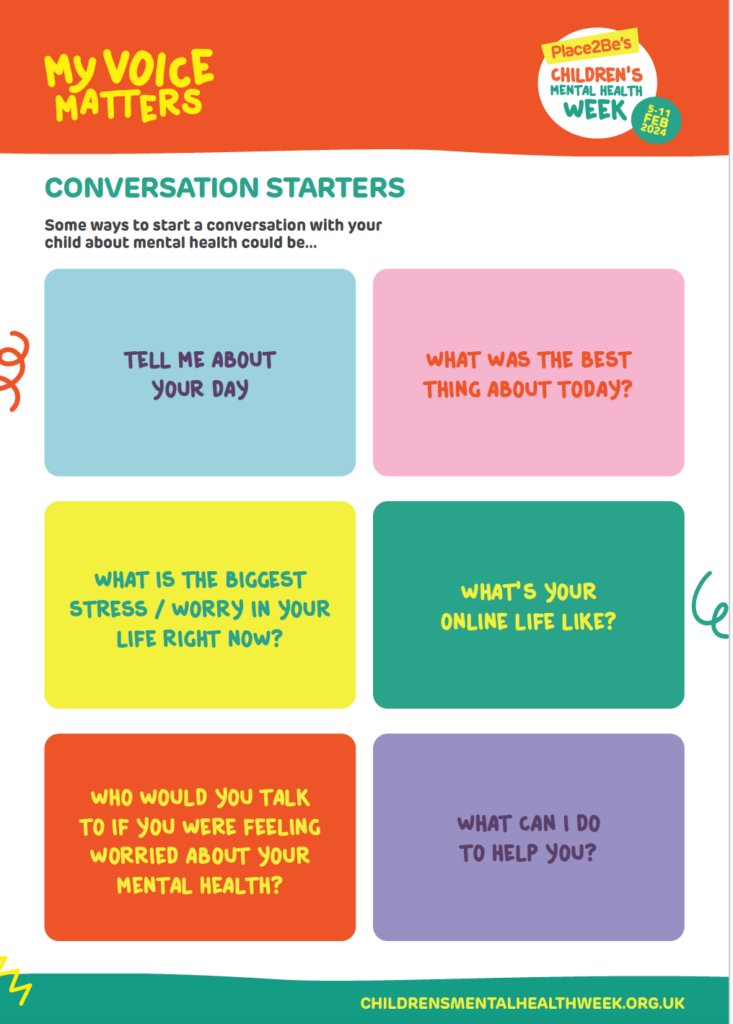
Communicating with children
As our children mature, the dynamics of our relationship with them evolve. It progresses from the stage of constant dependency, where they always want us by their side, to a phase where they express when they require our presence. For us parents, it involves a shift from seeking their constant reliance, expressed as “I want you to need me,” to adopting a more independent stance, saying “I’ll let you to manage this, but tell me when you need help.”
To connect with your child, you must be attentive to their needs. Here are some steps to do this:
- Stop what you are doing and give your full attention to your child.
- Start a conversation: “Tell me about your day” “What was the best thing about today?” “What can I do to help you?”
- Concentrate on the details of what they are communicating and the emotions associated with it.
- Repeat that back to them in your own words.
- Summarise the discussion to let your child know that you have understood them. You can say “It appears that you are…” or “It seems like you feel…” Avoid instructing them to feel better or providing solutions; instead, affirm that it’s acceptable for them to experience their emotions.
Another way of enhancing communication with your child is to arrange a regular date or movie night of their preference. Establish consistency and turn it into a routine.

Expressing our needs as parents
The voice of our child is important, and so is ours. As we listen to and assist our child in navigating their experiences, it is equally essential to create a space where our own needs as parents are acknowledged and addressed. It is not the responsibility of our child to solve our problems, but when they witness us actively working to resolve our issues, it imparts the understanding that it is acceptable to encounter challenges and that there are constructive ways to address them.
Being a parent is hard. Dealing with our children can be energy-consuming, and it’s acceptable not to have all the answers. Remember, you are only human, and it’s perfectly fine to take breaks. Seek support from your community, friends, and family to find moments of respite. As an African proverb says, “It takes a village to raise a child.” I hope you find your village.
About the author

Paul Anne Quibael-Forman is a BACP-registered therapist with over a decade of expertise. Specialising in mental health support across diverse age groups and communities. I provide a safe space for my clients who experience stress, anxiety, trauma, domestic abuse, self-esteem, motivation, depression, and coping with life changes.

